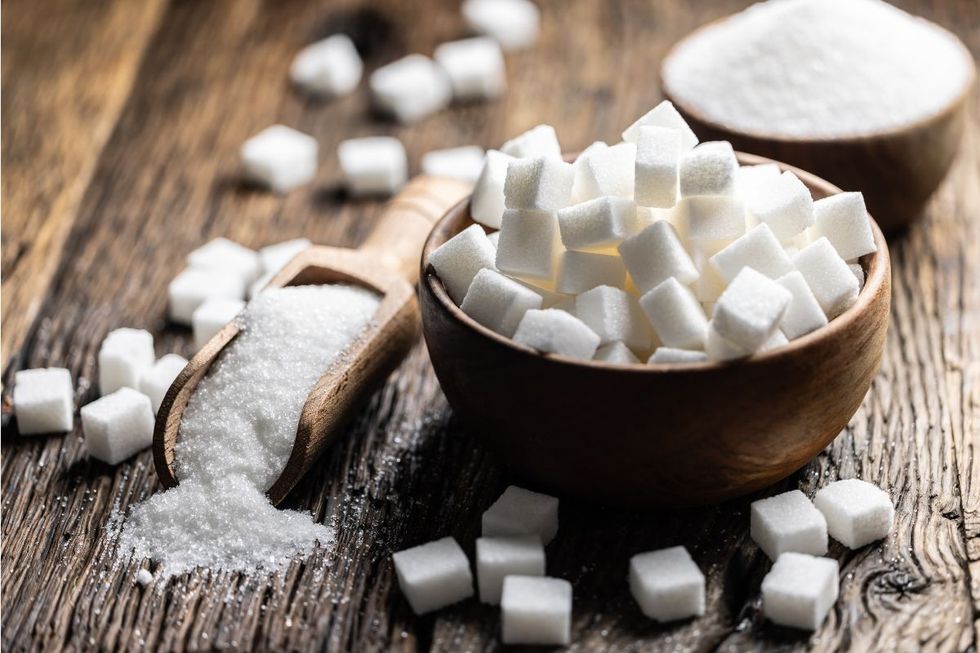Common sugar substitute linked to serious blood clot risk as Britons face peril

The sugar alcohol has become a staple ingredient in products marketed to weight-conscious consumers
Don't Miss
Most Read
Latest
Erythritol, a widely-used sweetener in sugar-free products, could heighten the risk of stroke by damaging brain blood vessel cells, according to new research.
The artificial sweetener, commonly found in low-carbohydrate ice creams, keto-friendly protein bars and diet beverages, appears to impair the body's natural ability to dissolve blood clots whilst causing blood vessels to narrow.
Published in the Journal of Applied Physiology, the laboratory study examined how typical serving amounts of erythritol affect human cells that form the inner lining of cerebral blood vessels, revealing multiple concerning cellular changes.
Scientists at the University of Colorado Boulder exposed human brain blood vessel lining cells to erythritol concentrations equivalent to those found in a standard sugar-free drink for a three-hour period.

The artificial sweetener appears to impair the body's natural ability to dissolve blood clots
|GETTY
The treated cells demonstrated multiple harmful alterations, including significantly reduced production of nitric oxide, a compound essential for blood vessel relaxation and dilation.
Simultaneously, the cells produced elevated levels of endothelin-1, a protein responsible for blood vessel constriction.
When researchers introduced thrombin, a substance that triggers clot formation, the erythritol-exposed cells showed a "markedly blunted" ability to produce t-PA, the body's natural clot-dissolving compound, according to the study.
The cells also generated increased quantities of reactive oxygen species, commonly known as free radicals, which can damage cellular structures and promote inflammation.
"Big picture, if your vessels are more constricted and your ability to break down blood clots is lowered, your risk of stroke goes up.
"Our research demonstrates not only that, but how erythritol has the potential to increase stroke risk," said Auburn Berry, the study's lead author and a graduate student in the laboratory.
The combination of narrowed blood vessels and diminished clot-dissolving capacity creates particularly dangerous conditions for cerebral circulation.
Professor Christopher DeSouza, who directs the Integrative Vascular Biology Lab and served as the study's senior author, warned that individuals consuming multiple portions daily could face even greater risks than those observed in the single-serving laboratory experiments.
LATEST DEVELOPMENTS:

Erythritol has a negligible effect on blood sugar levels
|GETTY
The FDA first approved erythritol in 2001, and the sugar alcohol has since become a staple ingredient in products marketed to weight-conscious consumers and diabetics due to its minimal caloric content and negligible effect on blood sugar levels.
Previous research involving 4,000 participants across America and Europe found that individuals with elevated erythritol levels in their bloodstream faced significantly higher risks of heart attack or stroke within three years.
"Our study adds to the evidence suggesting that non-nutritive sweeteners that have generally been purported to be safe, may not come without negative health consequences," Professor DeSouza stated.
The researchers advise consumers to check product labels for erythritol or "sugar alcohol" listings.











